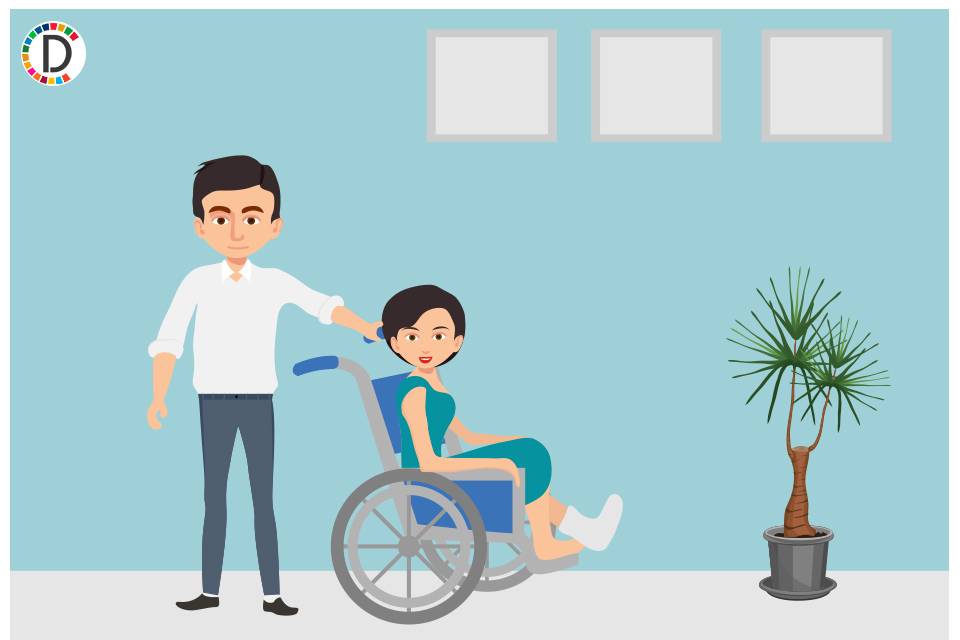Study finds young U.S. Marines without COVID-19 history at greater infection risk
"Although antibodies induced by initial infection are largely protective, they do not guarantee effective SARS-CoV-2 neutralisation activity or immunity against subsequent infection", the study mentioned. "This analysis was performed as part of the prospective COVID-19 Health Action Response for Marines study (CHARM).

A study of more than 3,000 young U.S. Marines found that those without a history of COVID-19 had a five times greater risk of infection than those previously infected, according to findings published in the Lancet Respiratory Medicine journal. The study also found that around 10% of the young marines who were COVID-19 survivors got a second infection.
"However, past infection does not guarantee immunity, vaccination remains crucial", The Lancet said https://bit.ly/3dkPlN7 on Twitter, providing the link https://bit.ly/3mSzpVJ to the findings. "Among 189 seropositive participants, 19 (10%) had at least one positive PCR test for SARS-CoV-2 during the 6-week follow-up (1·1 cases per person-year)", the study found.
The previously infected marines who got reinfected had lower antibody levels and fewer neutralizing antibodies, compared to previously infected Marines who did not get reinfected, the study found. "Although antibodies induced by initial infection are largely protective, they do not guarantee effective SARS-CoV-2 neutralisation activity or immunity against subsequent infection", the study mentioned.
"This analysis was performed as part of the prospective COVID-19 Health Action Response for Marines study (CHARM). CHARM included predominantly male U.S. Marine recruits, aged 18–20 years, following a 2-week unsupervised quarantine at home", it said. A separate study published in the Lancet in March found that the majority of people who have had COVID-19 are protected from getting it again for at least six months but older people are more prone to reinfection than younger people.
(This story has not been edited by Devdiscourse staff and is auto-generated from a syndicated feed.)










